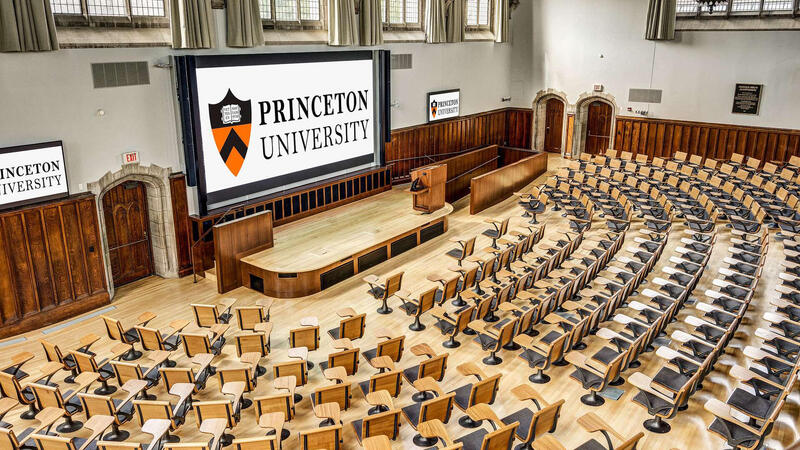You are viewing your 1 free article this month. Login to read more articles.
Libraries Taskforce 'Ambition' report lacks detail on numbers
The Libraries Taskforce has taken its first step towards producing a national strategy for England's public libraries with a new draft report published yesterday (23rd March). However, it has been criticised for not going far enough regarding funding proposals.
Produced by the Taskforce at the request of the Department for Culture, Media and Sport (DCMS), Libraries Deliver: Ambition for Public Libraries in England 2016-2021 intends to “set out a vision of the value and impact of public libraries", a network which it says “delivers transformation and progress for people, communities and the nation.”
The document, hailed as the answer to William Sieghart's 2014 libraries review, calls for a "vibrant public library network for the 21st century" that supports a "strong, sustainable and democratic society" and delivers a "wide range of benefits to people, communities and the nation". The report also emphasises the need to ensure that the library network is "secured on a long-term sustainable footing".
The report acknowledges that in order to provide the "comprehensive and efficient" library service that local authorities are statutorily obliged to do, the authorities need, "active" superintendence and guidance from government. Thus, the report urges local authorities considering making changes to the provision of their library service to send their proposals at the earliest possible stage and "definitely prior to public engagement" to the DCMS Libraries team to assist the Secretary of State in his superintendence role.
The document also highlighted that the government's plans to withdraw the central revenue support grant - the grant given by central government to local authorities each year - will put added pressure on local services including libraries, as authorities will have to fund these from local revenues such as council tax and retention of business rates.
Chief executive of CILIP (The Chartered Institute of Library and Infomation Professionals), Nick Poole, emphasied the urgent need for action.
"It is clear that it is time to move on from discussing what libraries do and to get busy with the active stewardship of and investment in the network to secure these benefits for current and future generations", Poole said in a blog post on the CILIP website. "In developing the way ahead, we have to acknowledge that while a significant proportion of Local Authorities have failed to understand the value and impact of a properly-resourced library there are many others that have actively protected and invested in their library services through a period of very significant cuts.
He added: “Libraries Deliver is an important step toward the realisation of an exciting and positive vision of the way ahead for public libraries in England. It does not yet deliver the detailed implementation and funding plans which it will ultimately need to, but it does represent significant progress in building consensus between the profession, library leadership and local government and securing active engagement from government.”
Library campaigners agree that the report falls short on delivering sufficient budget and realistic long-term funding proposals.
Desmond Clarke, library campaigner, told The Bookseller: “The Ambition document is clearly intended to contribute to the debate about public libraries. However its weakness is that it almost avoids any mention of real numbers and how the decline in usage can be reversed. Most significantly, it fails to provide a simple and clear vision for a modern library service and an innovative plan to achieve it.”
Clarke added: "The public library service will come under further pressure as the revenue support grant is phased out. We urgently need solutions which will of necessity involve re-structuring the way in which the service is delivered."
Geoffrey Dron of the Save Bolton Libraries Campaign said that there was "no sense of urgency" in the report. "[It is] long on ideas of what a decent service should be [but] short on ideas of how to get there, particularly in the context of a deteriorating financial situation for many local authorities (especially, in poor and/or rural areas) which is likely to get worse from 2020."
However, Martyn Evans, chief executive of Carnegie UK Trust and chair of the working group that developed the Scottish national libraries strategy, said that the report is "challenging and ambitious".
He said: "Libraries Deliver is a critical step in securing a confident future for libraries at the heart public policy making in England. It seeks to draw library advocates and campaigners closer to library funders and those with wider interests. It is both challenging and ambitious. It moves the debate decisively on from a circular repetition of what libraries are good at to a much more persuasive, and potentially far more powerful, argument about what libraries are good for. It deserves the widest support.”
As a draft report Libraries Deliver is not a statement of government policy at this stage.
The Taskforce is seeking views on the draft document. Details of the consultation process can be found here.

















